Daylight Savings: It’s about the sunlight
It’s not about the math.But it is about the sunlight."My goal is just to make sure people get more sunshine," said Sen. Ed Markey, D-Mass. "I am fond of saying you can't shovel sunshine," said Sen. Ted Cruz, R-Tex."The American people love having an extra hour of...
Read moreShooting at L.A. bus stop injures 3, including woman in critical condition
Police in Los Angeles are searching for two suspects reportedly involved in a shooting that left three people, two teens...
Abortions Keep Increasing in the U.S., Data Show
The number of abortions provided in most of the U.S. increased slightly in 2024 from the year before, according to...
2025 RAMMY Award finalists announced
WASHINGTON (DC News Now) -- The Restaurant Association Metropolitan Washington (RAMW) announced its 2025 RAMMYS Award finalists on Monday. The...
Maryland’s Sellers goes 17th to Golden State
Former Maryland star Shyanne Sellers was drafted 17th overall by the Golden State Valkyries in the second round of the...






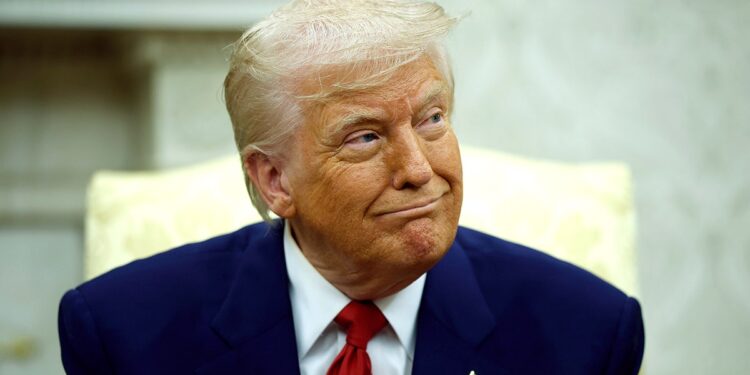

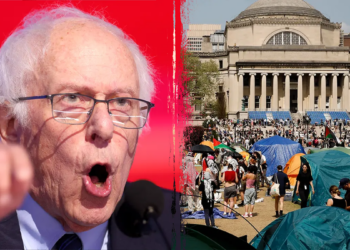
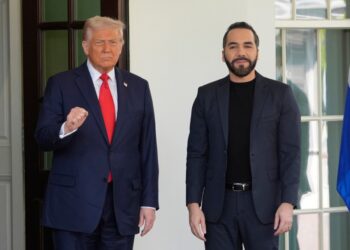
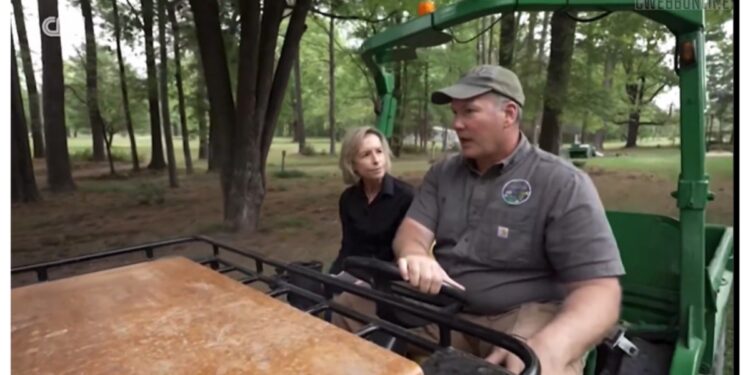
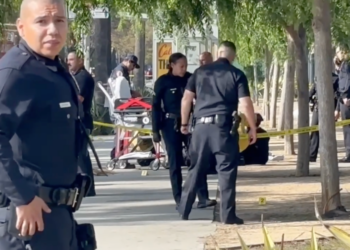









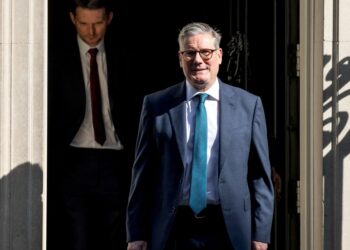




 Al Jazeera English | Live
Al Jazeera English | Live






















